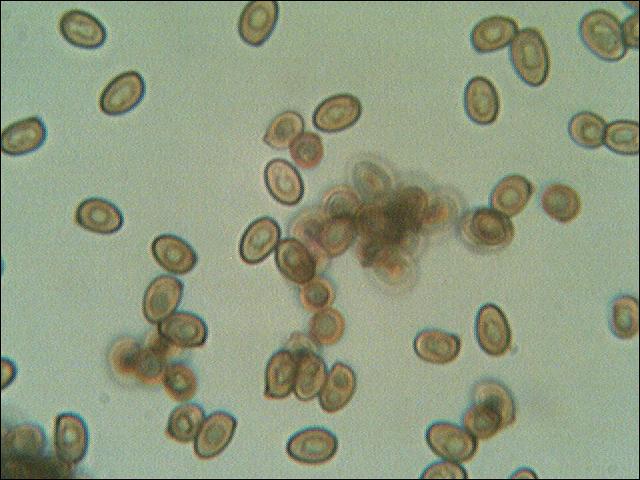Intelligence by State
A map of estimated white IQ's by state is at http://manyeyes.alphaworks.ibm.com/manyeyes/visualizations/estimated-white-iq-by-state-us. Black IQ's by state are at: http://manyeyes.alphaworks.ibm.com/manyeyes/visualizations/estimated-black-iq-by-state.
Labels: IQ
To view the post on a separate page, click:
at
10/31/2009 10:10:00 PM (the permalink).
![]()
![]()




